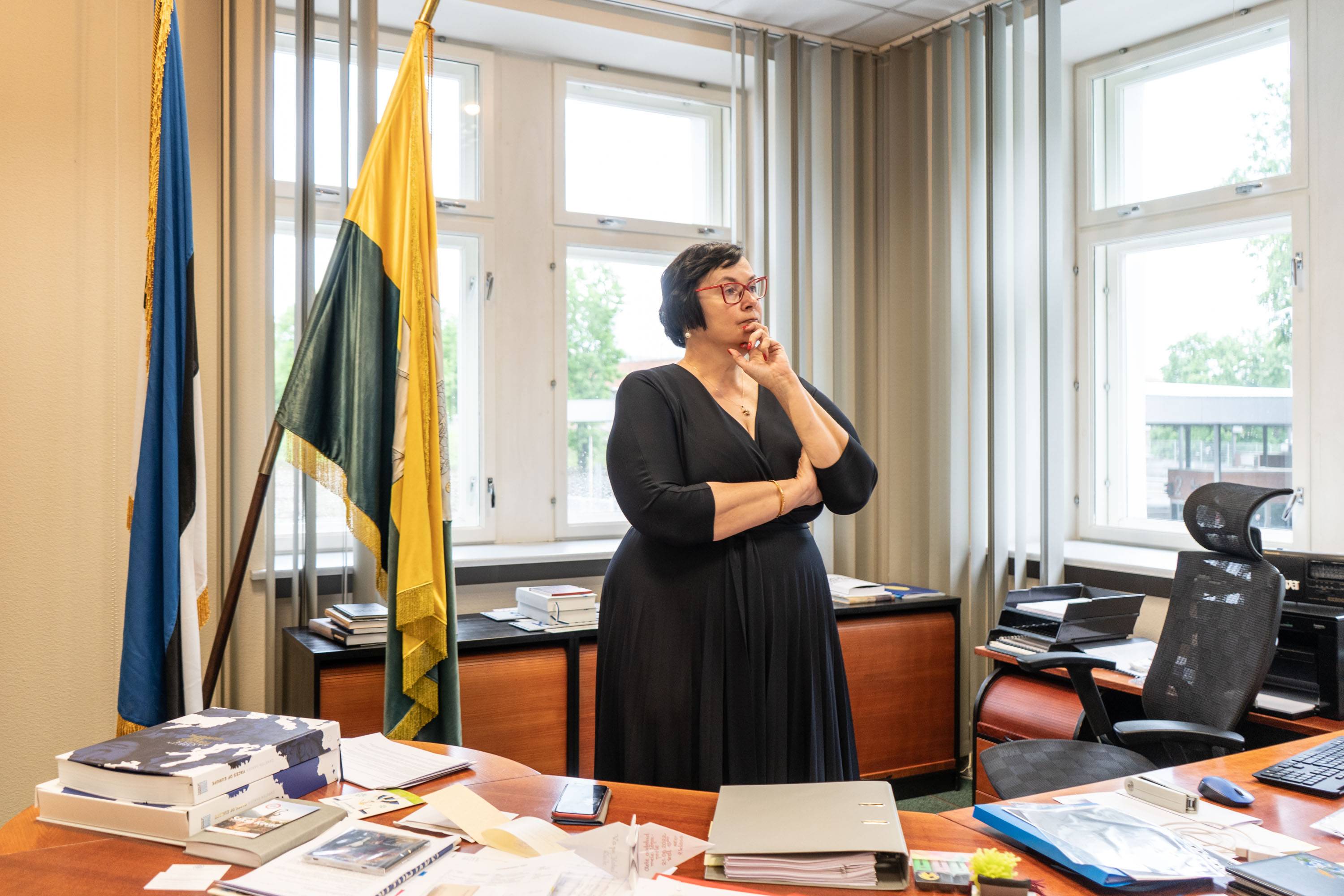Like many of the ethnic Russians who live along Estonia’s eastern border with Russia, Stanislava Larchenko could not believe that President Vladimir Putin had gone on a killing spree in Ukraine.
Larchenko, 51, got angry with her son when he said in February after Putin invaded Ukraine that Russian soldiers were killing civilians. She insisted the carnage was the work of Ukrainians dressed in Russian uniforms, a trope of the state television beamed in from Russia that she watched.
"For me, Russia was always a liberator, a country that got attacked but never attacked others,” Larchenko said in the Estonian border city of Narva, NATO’s easternmost outpost and the European Union’s most ethnically Russian city.

















With your current subscription plan you can comment on stories. However, before writing your first comment, please create a display name in the Profile section of your subscriber account page.